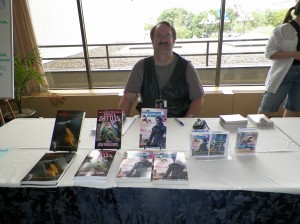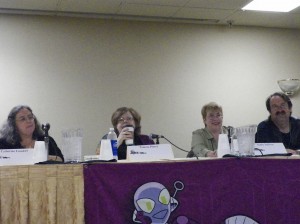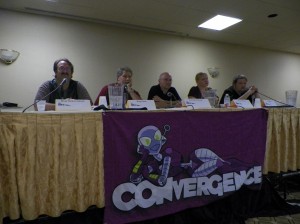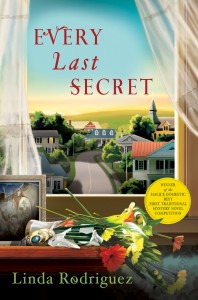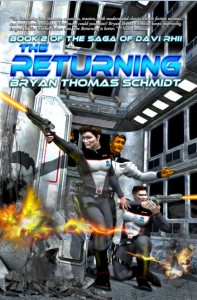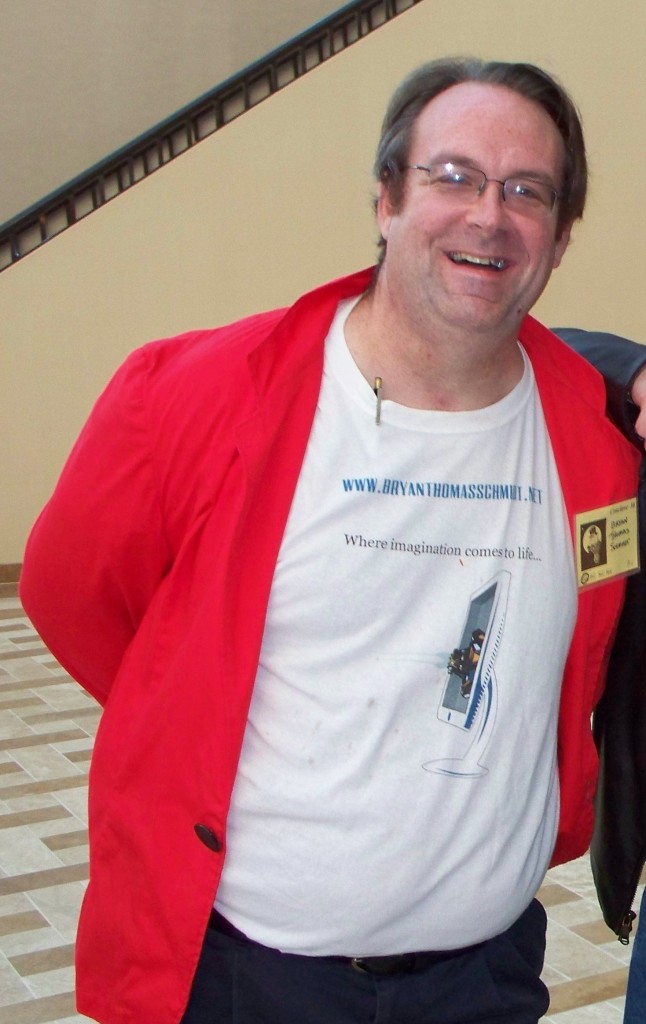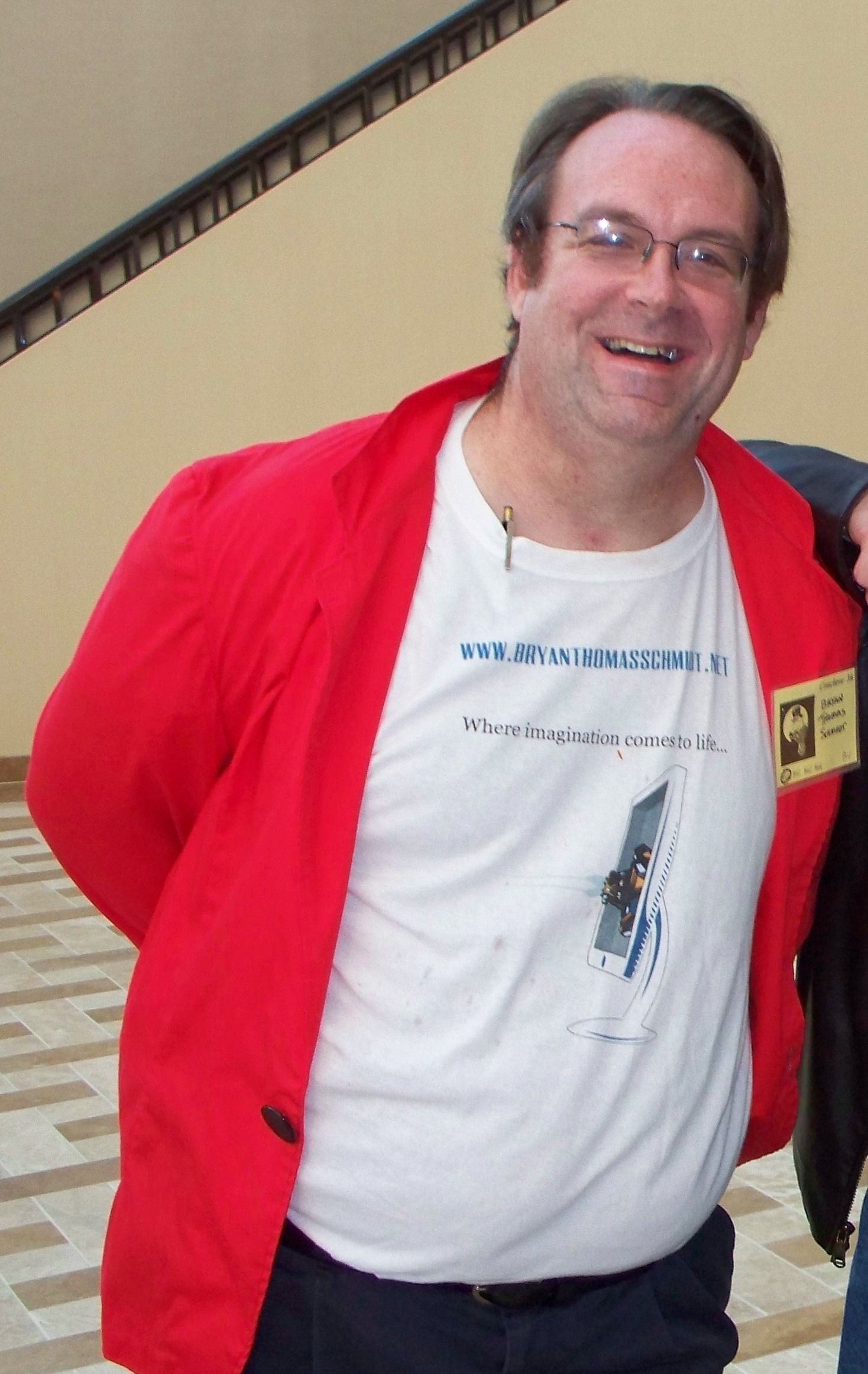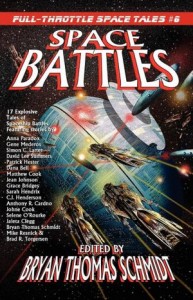 I love to travel and I love to learn. So, to me, one of the greatest things about trips is getting to discover things: new places, new languages, new cultures, new people, new points of view. It energizes me. That’s one reason I’ve dedicated so much of my life to travel. From 2000 through 2010, I visited Africa, South America, Central America and Europe, some more than once the same year, donating time as a teacher and mentor in exchange for learning and discovering. I learned as much as any of my students did, and it’s forever changed my life and writing.
I love to travel and I love to learn. So, to me, one of the greatest things about trips is getting to discover things: new places, new languages, new cultures, new people, new points of view. It energizes me. That’s one reason I’ve dedicated so much of my life to travel. From 2000 through 2010, I visited Africa, South America, Central America and Europe, some more than once the same year, donating time as a teacher and mentor in exchange for learning and discovering. I learned as much as any of my students did, and it’s forever changed my life and writing.
This may seem an odd subject for writetips, but hang on. When I was first starting out, I got accused of cliche and predictable writing and one agent said “live more so you’ll have stuff to write about.” So, I quit Hollywood and went off to be a singer and travelled the world. I got a Masters degree, founded a leadership development training non-profit, and spent the next decade travelling three times a year to learn cultures and help them learn the arts, etc. in places where such training is either unaffordable or available only to the elite. I and my world are so much broader because of that, and I have so much more to write about.
So here’s my Top 10 Most Inspiring Places I’ve Visited (so far–I’m not done by far):

1) Ghana, West Africa — From the urban sprawl of Accra, its capital, to the slave castles of its Atlantic Coast, to the humble traditional village of Mesamegor where I spent a blissful New Year’s Day 2004 learning about traditional dance and village life, my four trips to Ghana have been some of the most enriching of my life. I miss it daily and long to go back. For those of us fortunate enough to be born in the First World, a visit to the Third or Developing World is life changing, if you allow it to be. From the ways they view the world differently, to the joys they find amidst such poverty and want, you realize not only how lucky you are but how much you have and how little you appreciate it. It’s reminds you that there are things far more important than possessions, status, money, etc., and it teaches you how to slow down and live by relying on each other and making the most of every moment in ways that forever transform the way you see the world.
2) Dacchau and Bavaria, Germany — A line of bullet holes along a wall, an ashy oven with a distinct smell, barracks with bunks resembling those on slave ships of Roots from TV at a famed WWII concentration camp built for killing, and all of this because of a race/religion and one man’s call to hate. I went there at 16 and images are indelibly burned into my brain. I don’t have scanned pictures but I can call them up whenever I want to in my mind. You can’t deny it when you’ve seen the evidence for yourself. I also floated over the Alps on glider, a plane shot up into the air by bungee with no engine. It was so quiet, peaceful and amazing. I felt like a bird.
3) The Favellas (slums) of Rio De Janeiro, Brazil — In both Rio and Belo Horizonte, the third largest city to the north, I visited famed hillside slums, places where the murder count

each month exceeds that of the whole U.S. in a year at times. These were the people who would rob tourists, ran the drug trade, and acted as maids, servants, bus drivers, etc. Their lives were hard and lacking, yet when you were invited in as a guest, no one treated you better. I never once felt any sense of danger or worry. And it was humbling to be so appreciated by people who have such hardships that I can’t even begin to understand. You can read about poverty and violent lives, but only by seeing it for yourselves can you begin to try and understand.
4) Venice Beach, California — In many ways, the quintessential California beach, at least as far as Los Angeles goes. From surfers to street performers (some of whom make 50k tax free or more year) to beach volleyball, rollerblading, and lots of hot, fleshy bodies, not to mention sunsets and even whales and ships, Venice Beach has it all and it’s an experience to be remembered. I went several times during my time in L.A. I’ll never forget the 300 lb woman in the thong (I wish I could) but I’ll also never forget the night I went there after a day spent skiing in the nearby mountains and sat in shorts to watch the sunset over the mountains to the north. Whenever I think of California life, it comes back to me so clearly.
5) The Florida Keys — I wish I could afford to live there, because the Florida Keys remain one of my all time favorite vacation spots. From standing in Hemingway’s home to lighthouses, jetskiing, petting sharks and whales, collecting sea shells, waterskiing, and glass bottom boats, I just love what Southern Florida and especially the Keys have to offer. I move from relaxed to excited in waves and go home exhausted but yet the next day I’m ready to do it all again.

6) The Gold Cities of Minas Gerais, Brazil — Brazil is huge and rich and walking through these cities with their hundreds of churches, often slave built, with elaborate interiors, exteriors, and gold embossed finishes, amazing Portuguese style Colonial buildings and streets, etc., felt like stepping back in time and into history. I’ve visited them three times and still find myself in awe and discovery every time. From the old mine you can ride down into on an old fashioned car system, to panning for gold, to horseback rides, to mountain scenery, to amazing cuisine, to the museums (including an amazing mineral museum with specimens from all over the world), Minas’ gold cities truly are wonders of the world.
7) Amish Ohio, Iowa and Pennsylvania — They may thrive on simplicity of life, but there’s something truly inspiring about people so devoted to their beliefs that they’re willing to ignore the obvious benefits of so many technologies and possessions in order to cling to a way of life. Some look at them as odd annoyances, but, to me, they’re fascinating and an example of the kind of integrity and discipline many of us can and should learn from. In a world of backstabbing, mind games, and soundbyte thinking, these people preserve a lifestyle they’ve cherished for hundreds of years undisturbed by our distractions, stresses, etc. Their Ohio and Pennsylvania neighbors have told me of their kindness and of admiration for them. And from my few encounters, I can say, the admiration and respect is well deserved.
8 ) The Birmingham, Alabama Civil Rights Museum — Sit on a bus and hear the white driver berate you and send you to the back; witness the church where two young girls died at the hands of bombers in the name of hate; this amazing, fantastic museum chronicles the history of Civil Rights in the U.S. powerfully and provocatively and my visit there has remained one of the most powerful museum experiences of a lifetime full of them. Between the hands on recreated experiences there and my own times standing in slave dungeons on Africa’s Gold Coast, amongst others, my understandings and views of tolerance, commonality, and the dignity and value of humans and human lives are forever informed and reformed by such amazing experiences.
9) The New Mexico Museum of Space History and International Space Hall Of Fame, Alamogordo, New Mexico — This museum in this small New Mexico city was  something I’d driven by several times and thought meh. But just before relocating, I went there with my parents. Want to try and land a space shuttle? Try the simulator here. It’s incredibly hard (my dad and I each crashed, although I almost made it). Space suits, launch sounds, equipment, meals, and photos of key figures in space exploration history plus real ships on display, including a simulated Gemini capsule so you can see if you’d fit. Truly amazing! And they’ve got an Imax theatre and planetarium as well. Well worth a trip. The emergency shuttle landing zone which was used once or twice is also here along with the amazing White Sands missle range and original ground zero from the first nuclear bomb test, and white sand dunes where you can sled in boiling summer heat. From SF writers like Asimov to scientists, the hall of fame alone inspired my imagination and encouraged my dreaming.
something I’d driven by several times and thought meh. But just before relocating, I went there with my parents. Want to try and land a space shuttle? Try the simulator here. It’s incredibly hard (my dad and I each crashed, although I almost made it). Space suits, launch sounds, equipment, meals, and photos of key figures in space exploration history plus real ships on display, including a simulated Gemini capsule so you can see if you’d fit. Truly amazing! And they’ve got an Imax theatre and planetarium as well. Well worth a trip. The emergency shuttle landing zone which was used once or twice is also here along with the amazing White Sands missle range and original ground zero from the first nuclear bomb test, and white sand dunes where you can sled in boiling summer heat. From SF writers like Asimov to scientists, the hall of fame alone inspired my imagination and encouraged my dreaming.
10) The Colorado Rockies — Majestic, mighty, beautiful: there’s nothing and no place quite like them. I loved the Alps, especially the Matterhorn, but from a young age, the Rockies captured my heart, reinforced my belief in a higher power, and reminded me that when God paints, it out shines anything man can do or imagine. The breeze off the mountains tingles my skin like the breath of heaven blowing down. It’s a spiritual experience for me and my own love of and passion for the Rocky Mountains is part of what bonded me with John Denver and his music so much and still does.
Well, in no particular order, those of 10 places which have inspired me greatly in my life and creative work. As we all know, inspiration and experience are key to good writing. So what’s the writetip for this week? It’s to live a little, explore, discover, and learn whenever and wherever you can. Your readers will thank you for it. Your editors, too. But no one will be enriched by it more than yourself. Where have you gone or always wanted to that inspires you and why? I’d love to compare notes in comments. And Friday, I’ll be guest posting on my blog tour about how my world travels have informed my world view and influenced my writing. For what it’s worth…
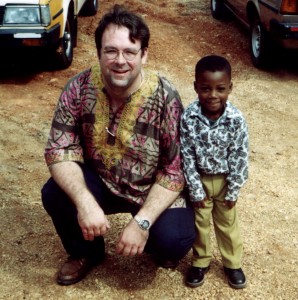 Bryan Thomas Schmidt is the author of the space opera novels The Worker Prince, a Barnes & Noble Book Clubs Year’s Best SF Releases of 2011 Honorable Mention, and The Returning, the collection The North Star Serial, Part 1, and several short stories featured in anthologies and magazines. He edited the anthology Space Battles: Full Throttle Space Tales #6 for Flying Pen Press, headlined by Mike Resnick. As a freelance editor, he’s edited a novels and nonfiction. He’s also the host of Science Fiction and Fantasy Writer’s Chat every Wednesday at 9 pm EST on Twitter under the hashtag #sffwrtcht. A frequent contributor to Adventures In SF Publishing, Grasping For The Wind and SFSignal, he can be found online as @BryanThomasS on Twitter or via his website. Bryan is an affiliate member of the SFWA.
Bryan Thomas Schmidt is the author of the space opera novels The Worker Prince, a Barnes & Noble Book Clubs Year’s Best SF Releases of 2011 Honorable Mention, and The Returning, the collection The North Star Serial, Part 1, and several short stories featured in anthologies and magazines. He edited the anthology Space Battles: Full Throttle Space Tales #6 for Flying Pen Press, headlined by Mike Resnick. As a freelance editor, he’s edited a novels and nonfiction. He’s also the host of Science Fiction and Fantasy Writer’s Chat every Wednesday at 9 pm EST on Twitter under the hashtag #sffwrtcht. A frequent contributor to Adventures In SF Publishing, Grasping For The Wind and SFSignal, he can be found online as @BryanThomasS on Twitter or via his website. Bryan is an affiliate member of the SFWA.


